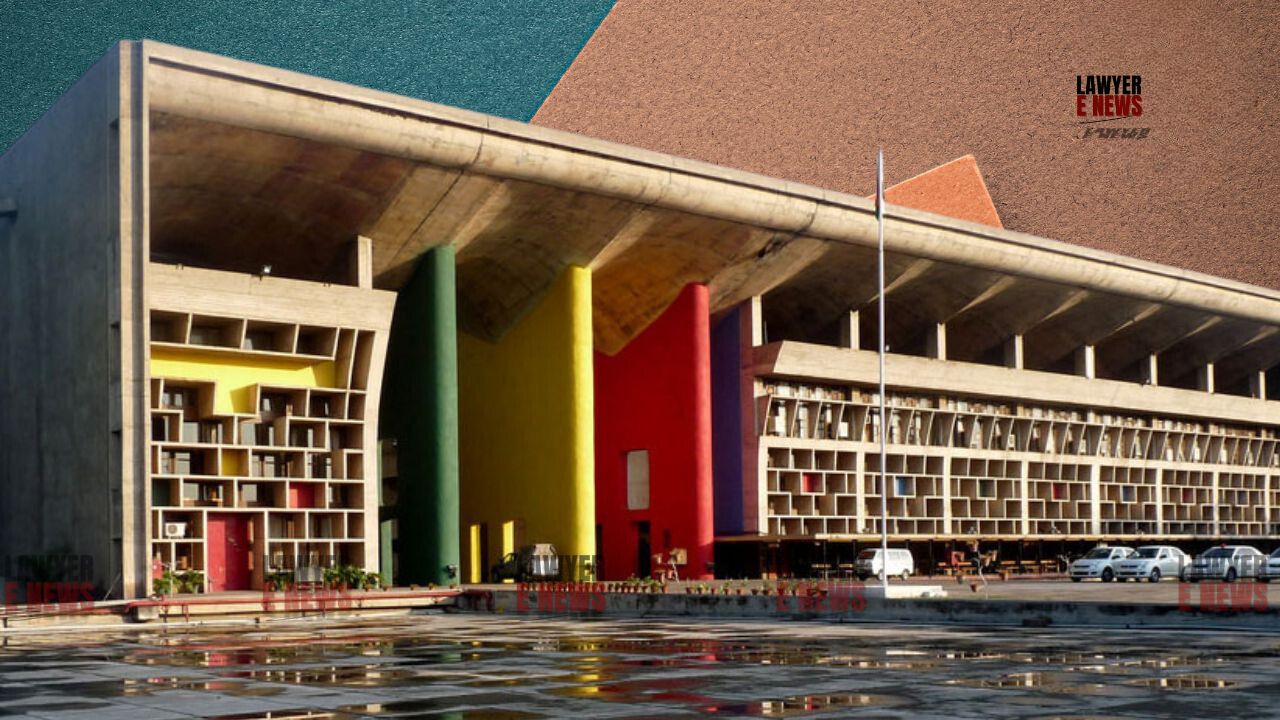-
by Admin
15 February 2026 5:35 AM



The Punjab and Haryana High Court has granted the transfer of a domestic violence petition filed by Sukhwinder Kaur from Amritsar to Hoshiarpur. The decision, rendered by Justice Archana Puri, emphasizes the judicial principle of prioritizing the wife's convenience in matrimonial disputes, particularly when multiple cases involving the same parties are pending in different jurisdictions.
Sukhwinder Kaur, the applicant, filed a petition under the Protection of Women from Domestic Violence Act in Amritsar, where she resided with her husband, Michael Unvith Bhatoe, during their marriage. Following matrimonial discord, Kaur moved to her parental home in Hoshiarpur, creating a significant distance between her current residence and the court where her case was being heard. Given the logistical difficulties and the fact that other related legal proceedings were already transferred to Hoshiarpur, Kaur sought the transfer of her domestic violence petition to the same jurisdiction.
The court extensively referenced the established legal principle that the wife's convenience should be given considerable weight in deciding transfer petitions related to matrimonial disputes. Justice Archana Puri highlighted precedents from the Supreme Court, stating, "Given the prevailing socio-economic paradigm in Indian society, generally, it is the wife’s convenience which must be looked at while considering transfer."
The court acknowledged that while several legal actions were pending against Kaur in Amritsar, including criminal complaints, the balance of convenience favored transferring the domestic violence case. This decision was influenced by the fact that other proceedings initiated by Kaur were already being heard in Hoshiarpur, including a Section 125 Cr.P.C. petition and a related FIR lodged at the Hoshiarpur police station.
Justice Puri applied the guiding principles for transfer of cases as laid out in several Supreme Court judgments. The decision was based on considerations such as the economic and social conditions of the parties, the presence of their minor child with the respondent-husband in Amritsar, and the practical difficulties faced by the applicant in pursuing the case from a considerable distance.
The court concluded that despite the husband’s arguments regarding the care of their minor child and the pending cases in Amritsar, the respondent could manage the situation with the help of his parents, who reside with him. The judgment firmly placed the convenience of the wife at the forefront, aligning with the broader judicial perspective that seeks to mitigate the hardships women often face in matrimonial litigation.
In the ruling, Justice Archana Puri remarked, "It is a well-settled position of law that the convenience of the wife ought to be taken into consideration while dealing with transfer applications in matrimonial disputes."
The High Court's decision to transfer the domestic violence petition to Hoshiarpur reinforces the judiciary's commitment to ensuring that the legal process does not impose undue hardship on women, particularly in matrimonial cases. This ruling is expected to influence similar cases in the future, underscoring the need to balance the practical realities faced by parties in such disputes with the overarching aim of justice.
Date of Decision: 29th August 2024
Sukhwinder Kaur vs. Michael Unvith Bhatoe & Others
